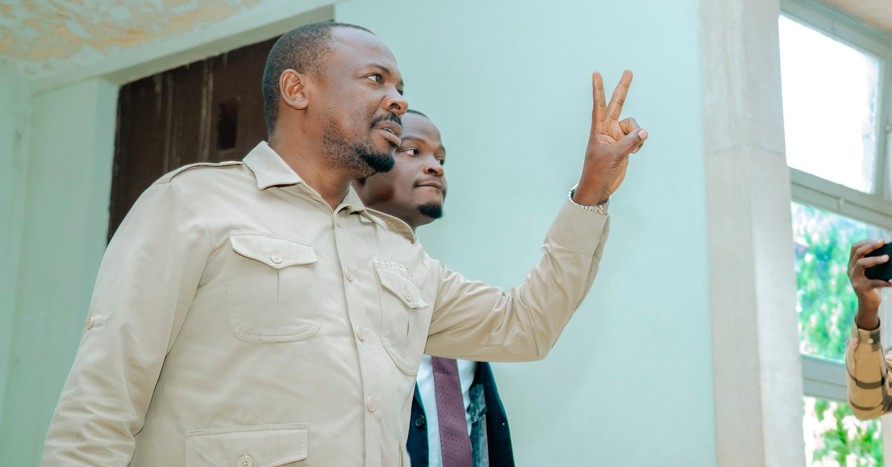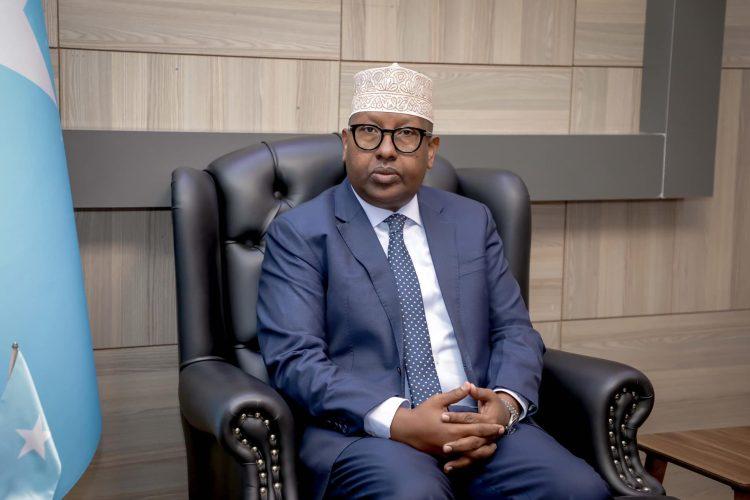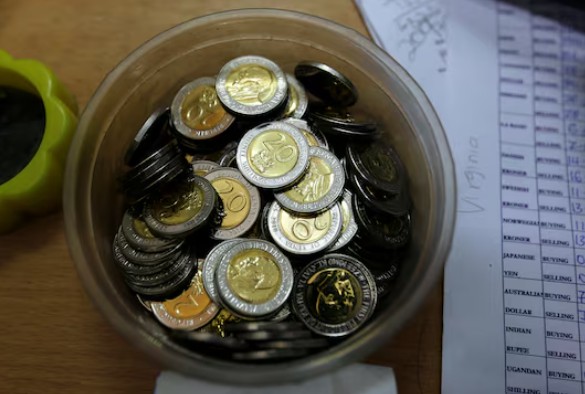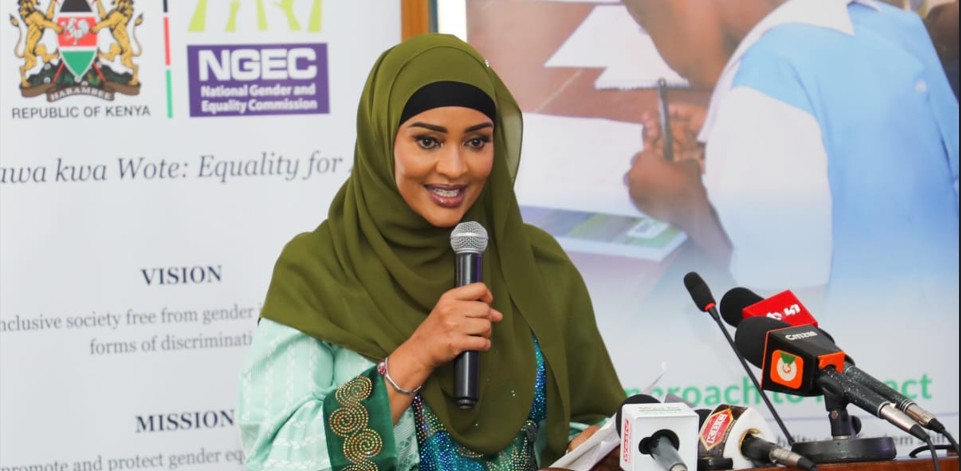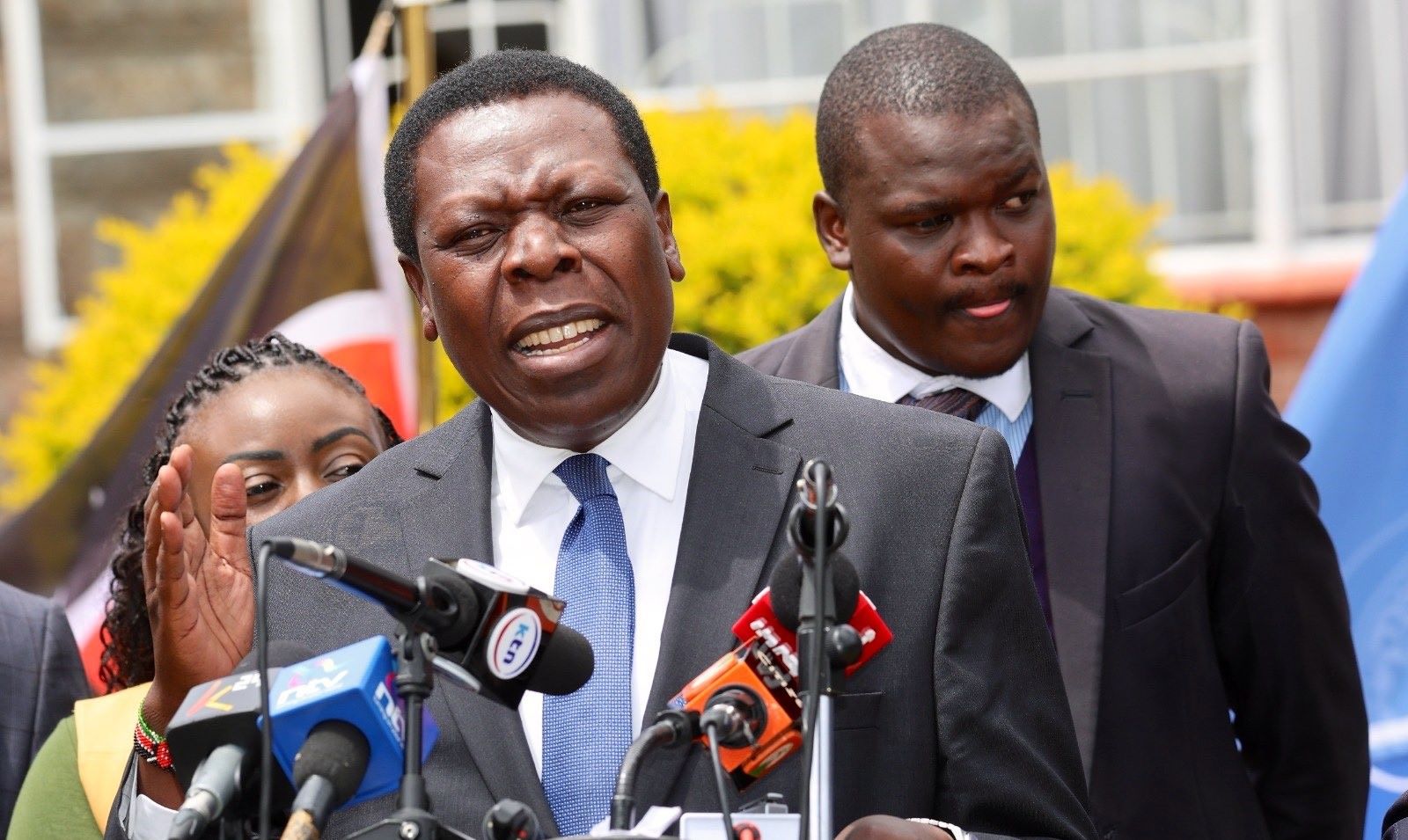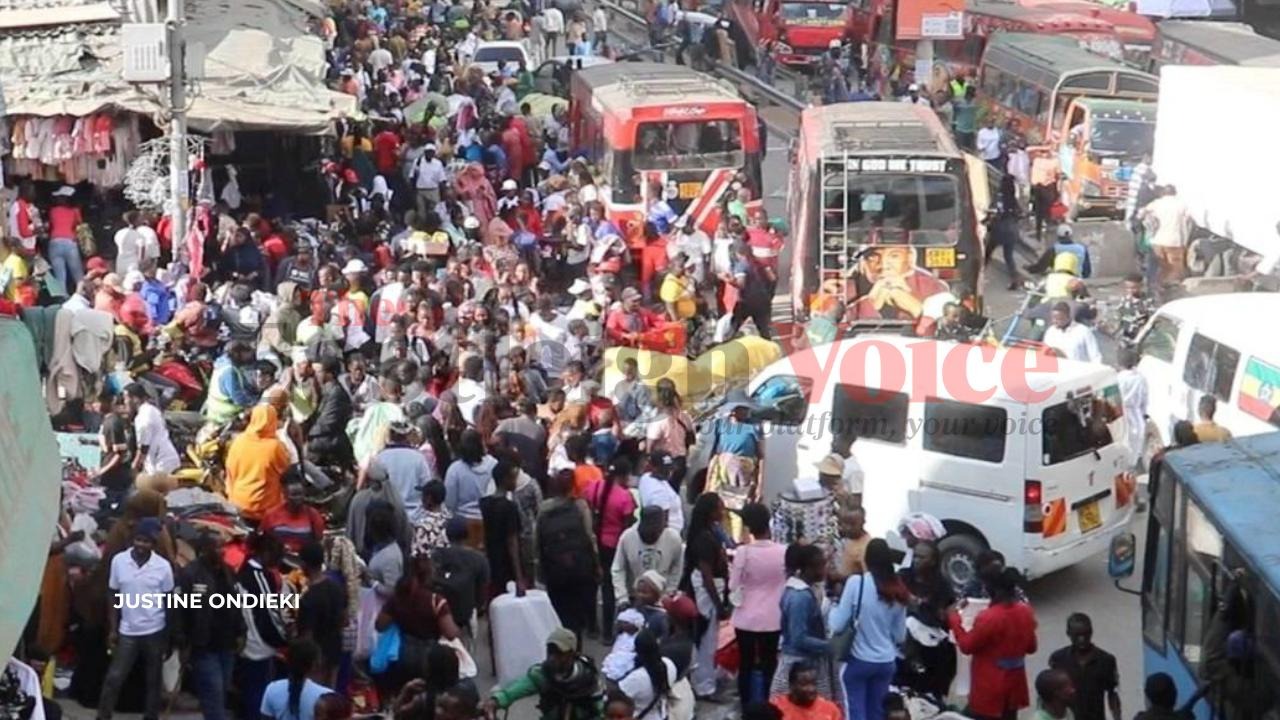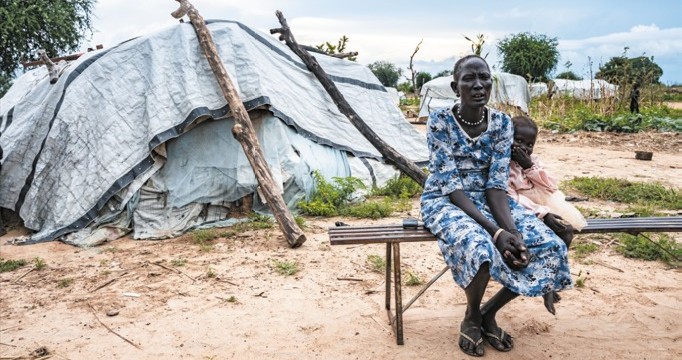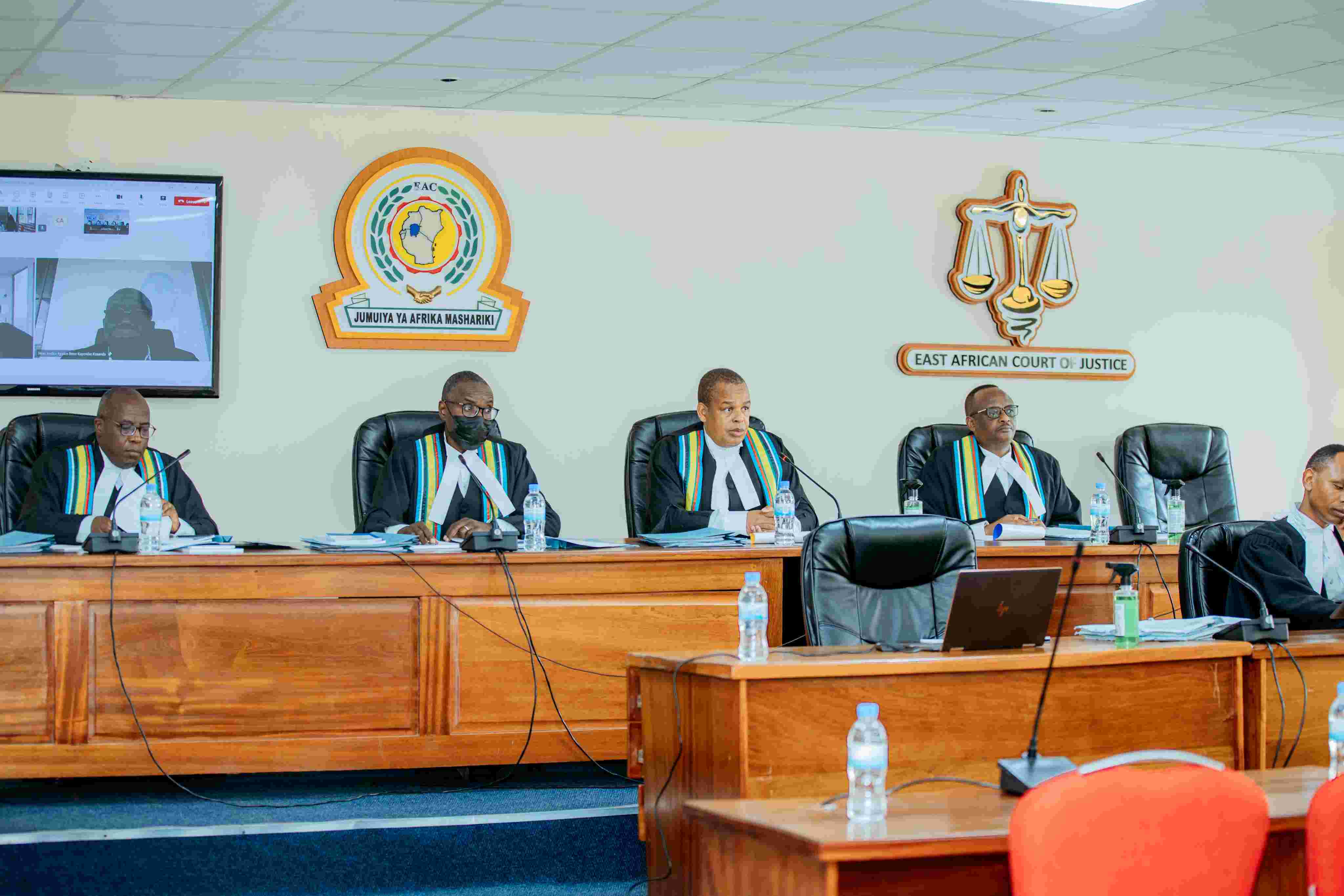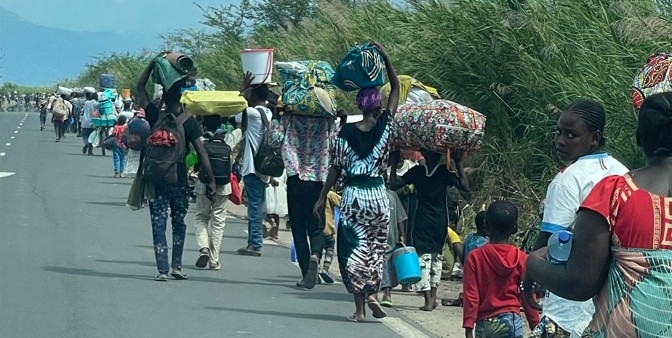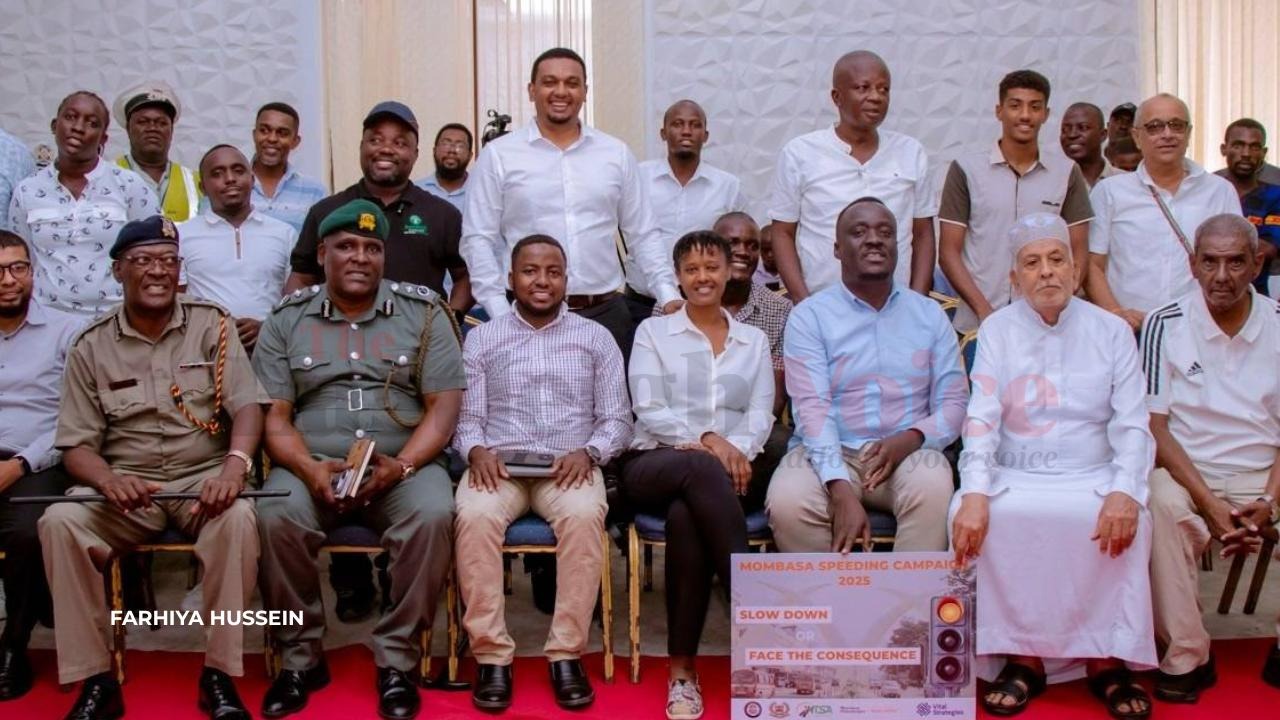Gaza: Displaced Palestinians dealing with the ‘death of dignity’, warns UNICEF
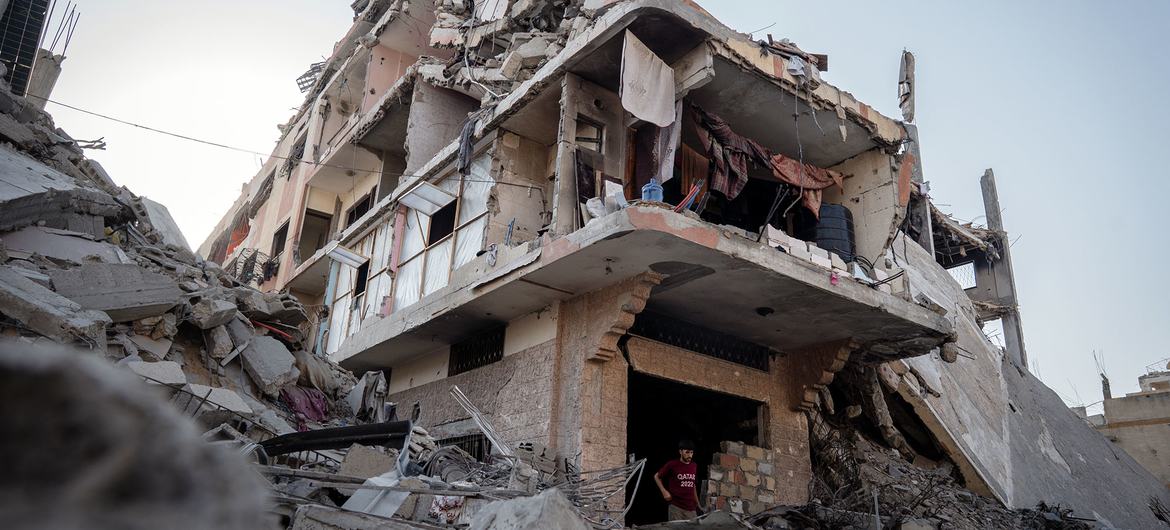
Children’s Fund, UNICEF, highlighted the case of six-year-old twins Yahya and Nabeela, who were critically injured by an unexploded remnant of war in the north of the wartorn enclave.
Living conditions for Gazans – particularly children – are still dire as temperatures drop and families return to bombed-out homes as the fragile ceasefire holds, UN aid workers said on Wednesday.
Children’s Fund, UNICEF, highlighted the case of six-year-old twins Yahya and Nabeela, who were critically injured by an unexploded remnant of war in the north of the wartorn enclave.
More To Read
- Gaza faces humanitarian disaster with thousands trapped in flooded camps
- All we want for Sudan is peace, say children fleeing violence
- Children killed in Sudan’s South Kordofan drone attacks as humanitarian crisis worsens
- UNICEF, Save the Children hail Turkana’s progress in tackling malnutrition
- Sudan’s crisis deepens with communities trapped in ‘siege conditions’
- Gaza’s once-growing economy nears total collapse amid war and blockade
They are receiving mental health support from the agency and tarpaulins to protect them from the cold.
Even though it hasn’t rained for a few days, the many families who live in tents are still struggling to recover from the sudden and heavy downpours over the weekend.
Degraded and afraid
Tess Ingram with UNICEF in Gaza described the plight of one displaced family whose tent was flooded. Wafa is a mother of five who was in tears.
“She said there were times that she wished that she was in the house in her family home with the children when it was bombed,” said Ingram, who added that Wafa had referred to “the death of dignity that they have experienced in recent days.”
Ingram said that an estimated 18,000 households were affected across more than 100 sites by the recent rains, but that many more families were likely impacted.
Winter needs outpace aid amid sanitation crisis
With winter approaching, UN humanitarian partners warn that shelter supplies entering Gaza remain far below what is needed. Fewer than 60,000 tents and just over 300,000 tarpaulins and bedding items have entered since early September, after a six-month ban was lifted.
“The volume of items going in is simply not enough,” UN Spokesperson Stéphane Dujarric said on Wednesday at the daily briefing in New York.
Child-protection partners have distributed 48,000 winter clothing kits since the ceasefire, offering some relief to families trying to keep children warm.
Water and sanitation teams have reached around 400,000 people in the past two days with diapers, towels, jerry cans and other essential hygiene supplies.
Sanitation system in ruins
With Gaza’s wastewater treatment system effectively destroyed, partners describe sanitation across the Strip as “deplorable”.
In northern Gaza, the Sheikh Radwan ponds are again at risk of overflowing, forcing emergency measures to drain sewage into the sea. Public health risks are rising, including the spread of bacterial infections linked to contaminated water and waste.
Nutrition partners report a slight fall in malnutrition cases in October, though admissions remain nearly four times higher than during the previous ceasefire in January.
Top Stories Today
Reader Comments
Trending
